- 631-796-2804
- [email protected]
- Mon - Fri: 6:30AM - 5PM
Professional seal coating that extends your pavement’s life and saves you thousands in repairs.
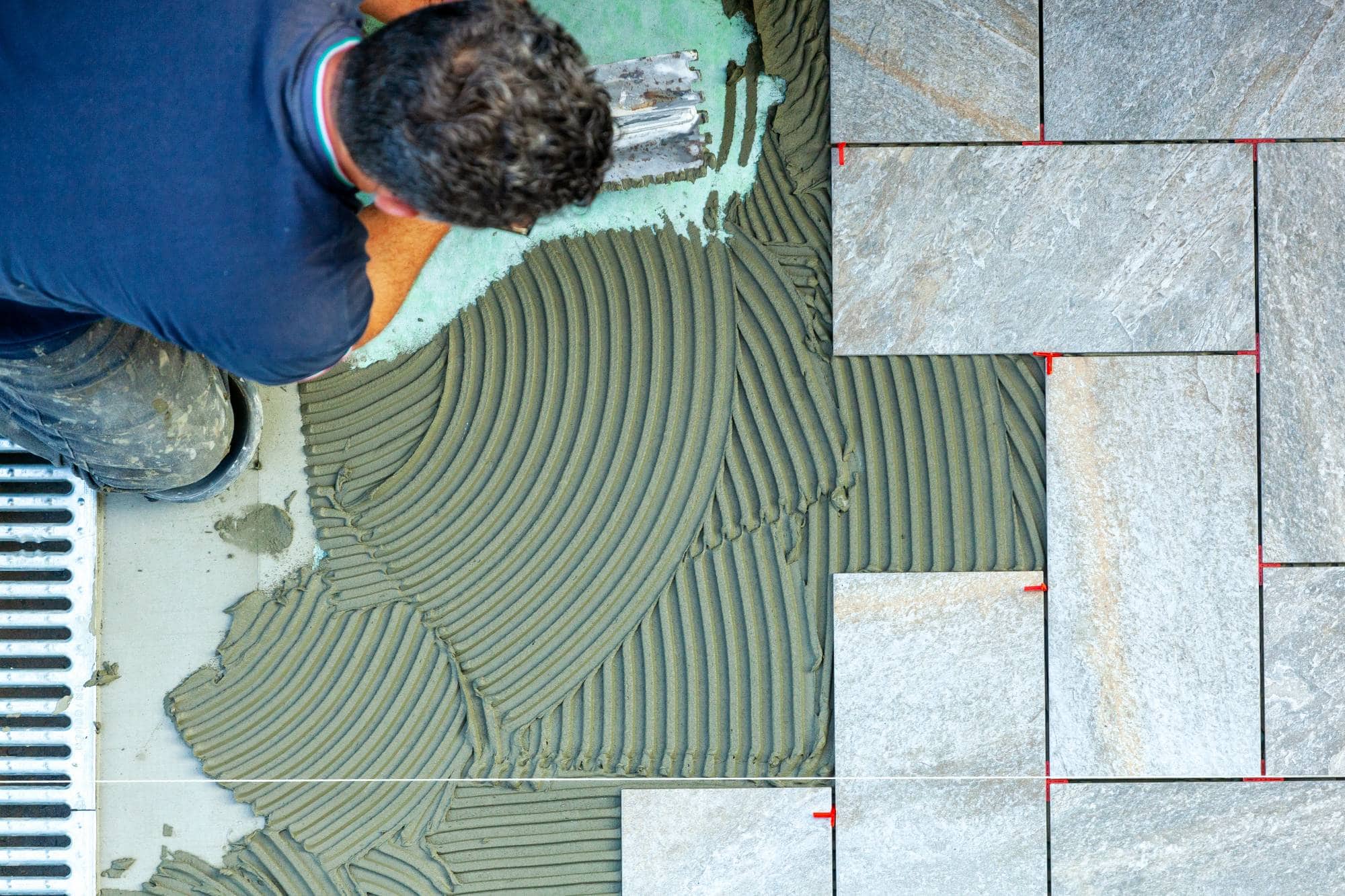
Hear from Our Customers
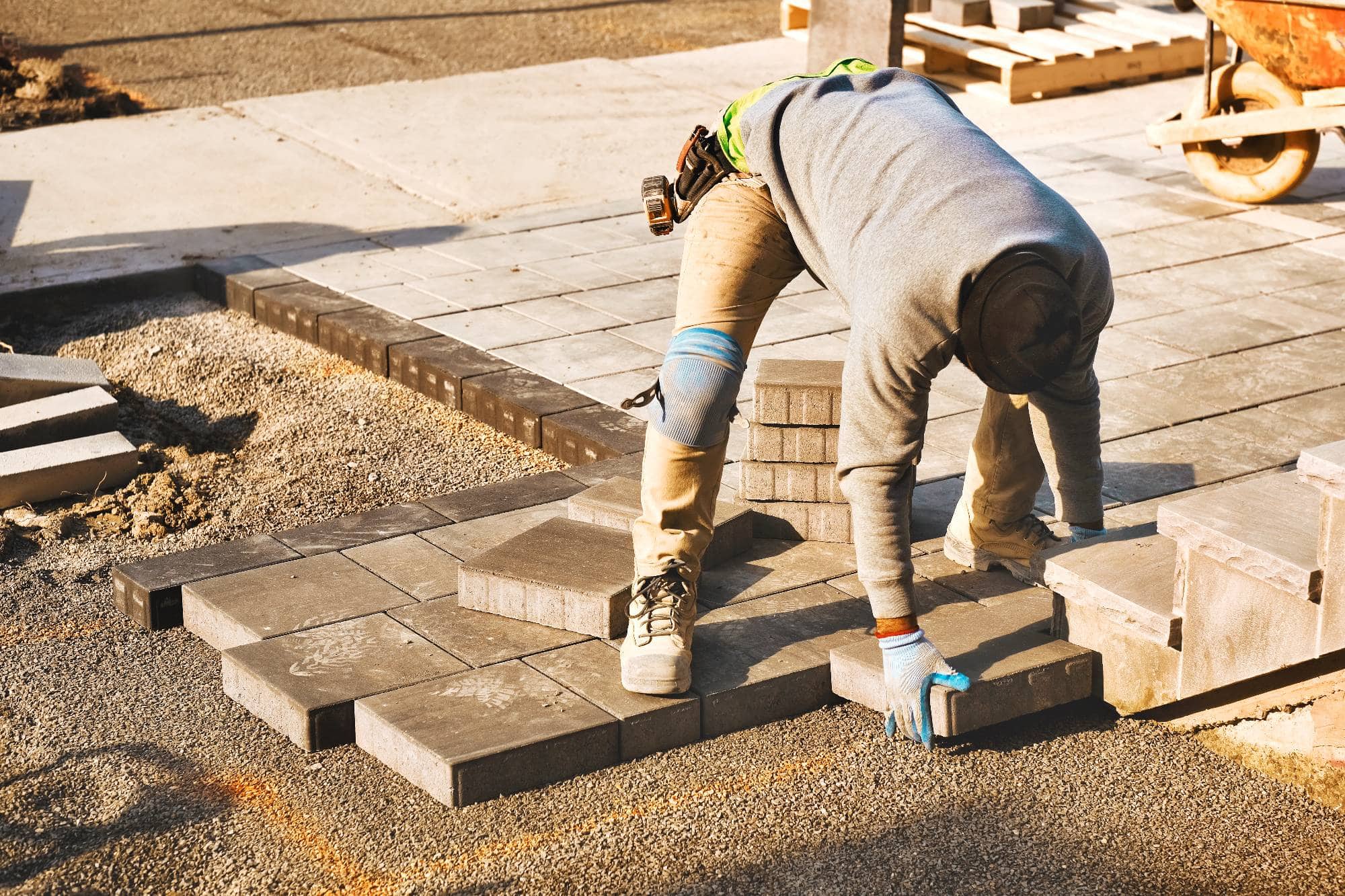
Your asphalt faces a beating every day. Rain seeps into tiny cracks, expanding when it freezes and creating bigger problems. UV rays break down the binding agents that hold everything together. Oil drips from cars leave permanent stains that weaken the surface.
Seal coating creates a protective barrier that stops this damage before it starts. You get 3-5 more years of life from your existing pavement, which means avoiding a $15,000+ repaving job for the cost of a weekend getaway.
The difference is visible immediately. That faded, gray asphalt turns deep black again. Cracks get sealed. Water rolls off instead of soaking in. Your property looks maintained and valuable instead of neglected and worn down.
We’ve been protecting Long Island driveways and parking lots for years. We understand what salt air, nor’easters, and brutal freeze-thaw cycles do to asphalt around here.
Most contractors rush the prep work or skip steps when weather windows are tight. We don’t cut corners because we know you’ll see the difference in six months. Our crews use commercial-grade sealers designed for Northeast conditions, not the watered-down stuff from big box stores.
You’re not just getting a service – you’re getting local expertise that understands Centereach weather patterns and soil conditions that affect how your pavement performs.
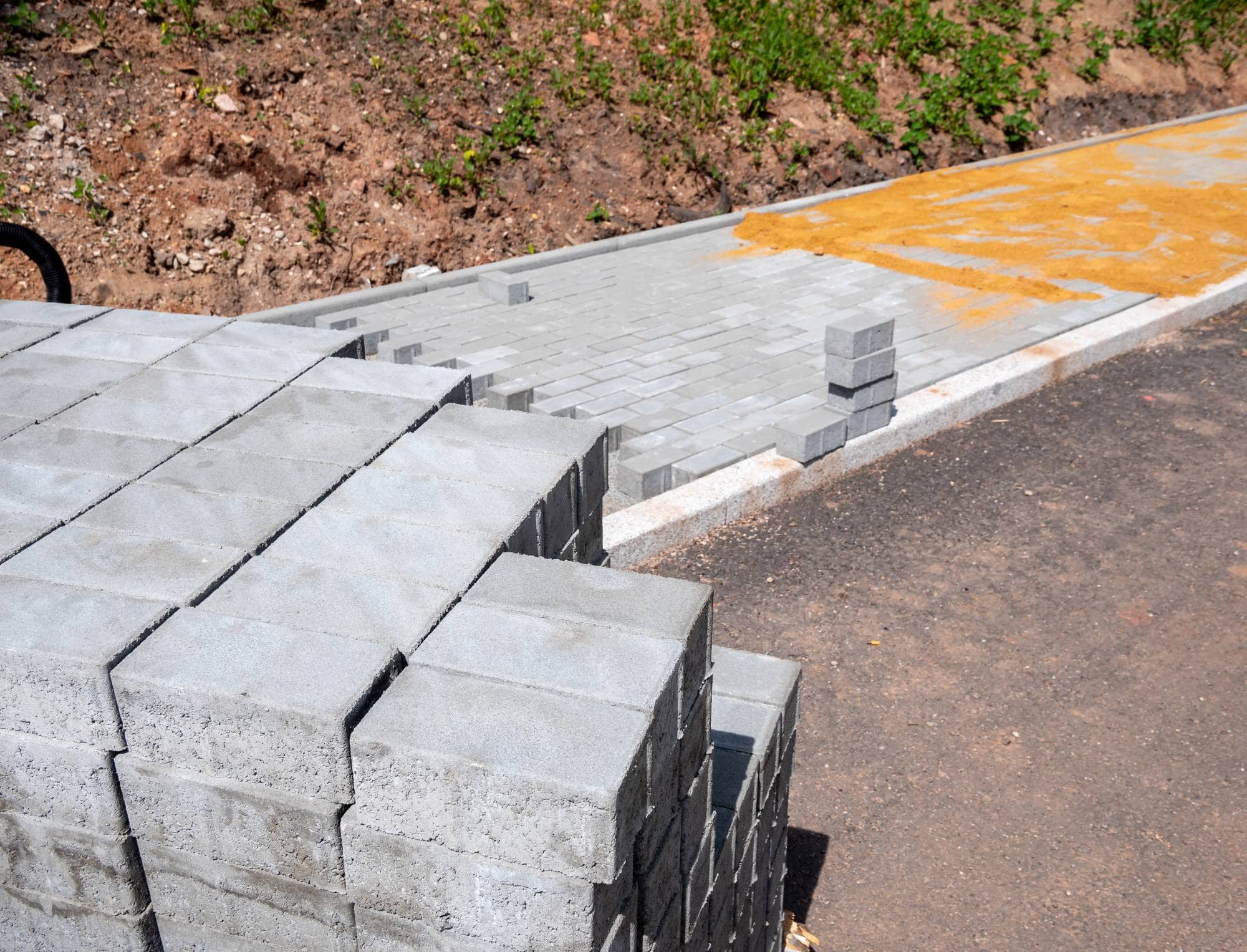
First, we clean your asphalt thoroughly. Oil stains get treated with commercial degreasers. Weeds and debris are removed from cracks. This isn’t optional – sealer won’t bond to dirty surfaces.
Next comes crack filling. We use hot rubberized crack filler that stays flexible through temperature changes. Small cracks get sealed completely. Larger ones get filled and reinforced to prevent further spreading.
Then we apply the sealer using professional spray equipment for even coverage. Two thin coats work better than one thick coat – better penetration, faster drying, longer lasting protection. We mask off concrete areas and landscaping so you get clean, professional edges.
The final step is your patience. Fresh seal coating needs 24-48 hours to cure properly depending on temperature and humidity. We’ll tell you exactly when it’s safe to drive on.
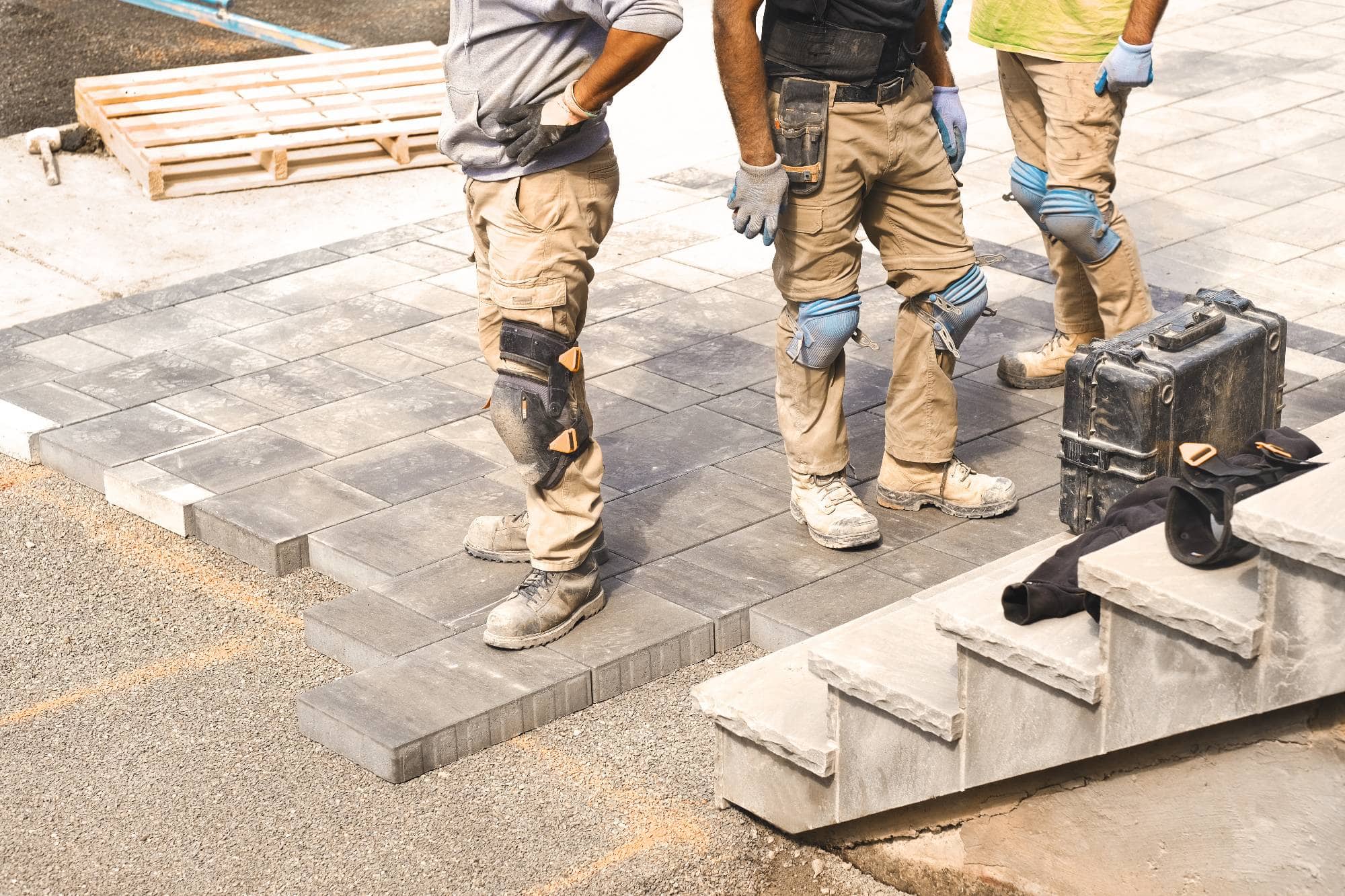
Ready to get started?
Every seal coating job starts with honest assessment. If your asphalt has major structural problems, we’ll tell you upfront. Seal coating protects good pavement – it doesn’t fix failed pavement.
For surfaces that are good candidates, you get complete surface preparation, professional crack sealing, and two coats of commercial-grade sealer applied with proper equipment. We handle all the masking and cleanup so your landscaping and walkways stay protected.
Timing matters with seal coating. We won’t start your job if rain is coming or temperatures are dropping below 50 degrees. Some contractors will push ahead anyway and leave you with a mess. We’d rather reschedule than deliver poor results because weather won’t cooperate.
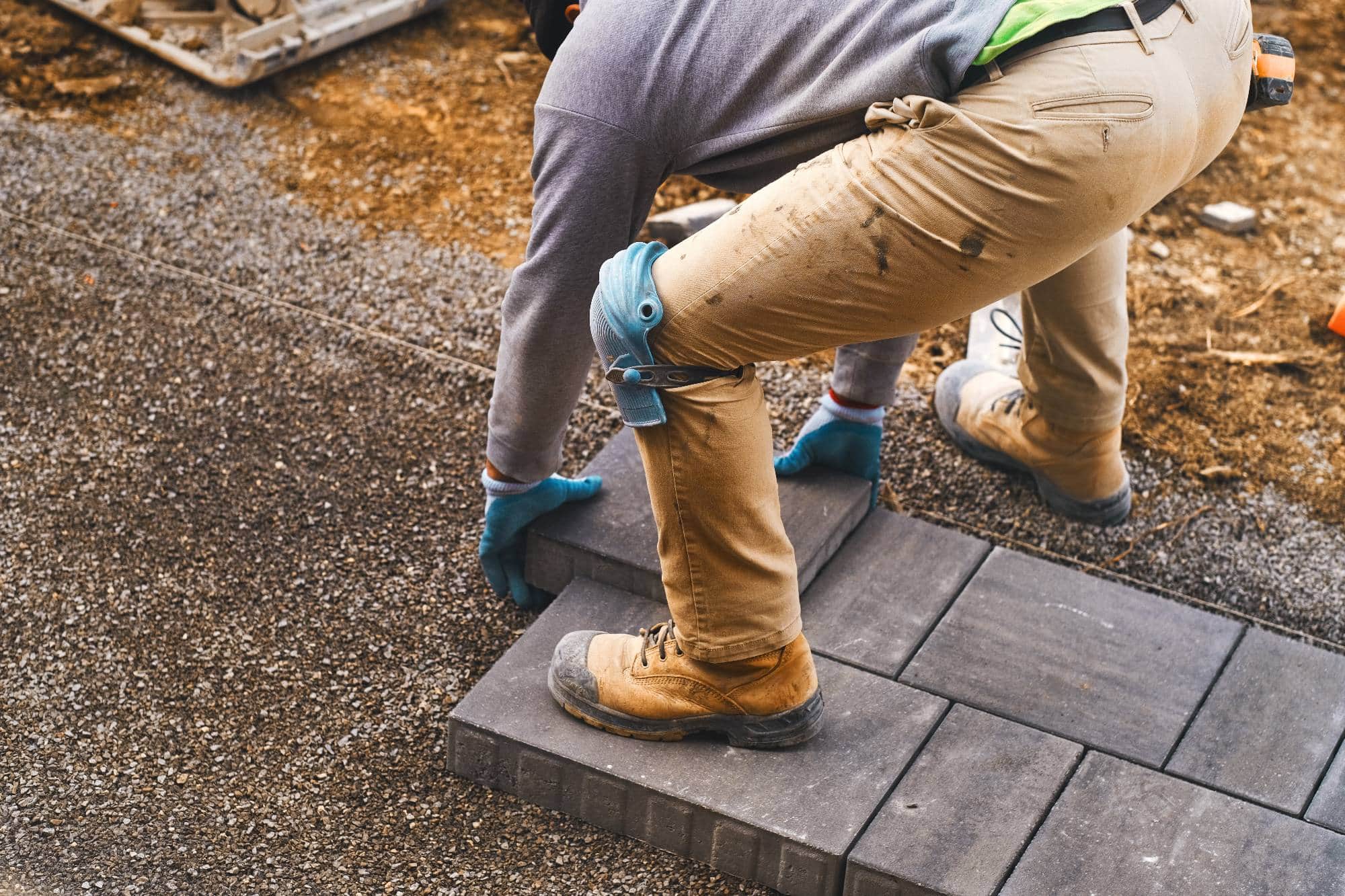

We are a family owned and operated paving contractor servicing customers on the East end of Long Island. We specialize in all phases of paving from start to finish.